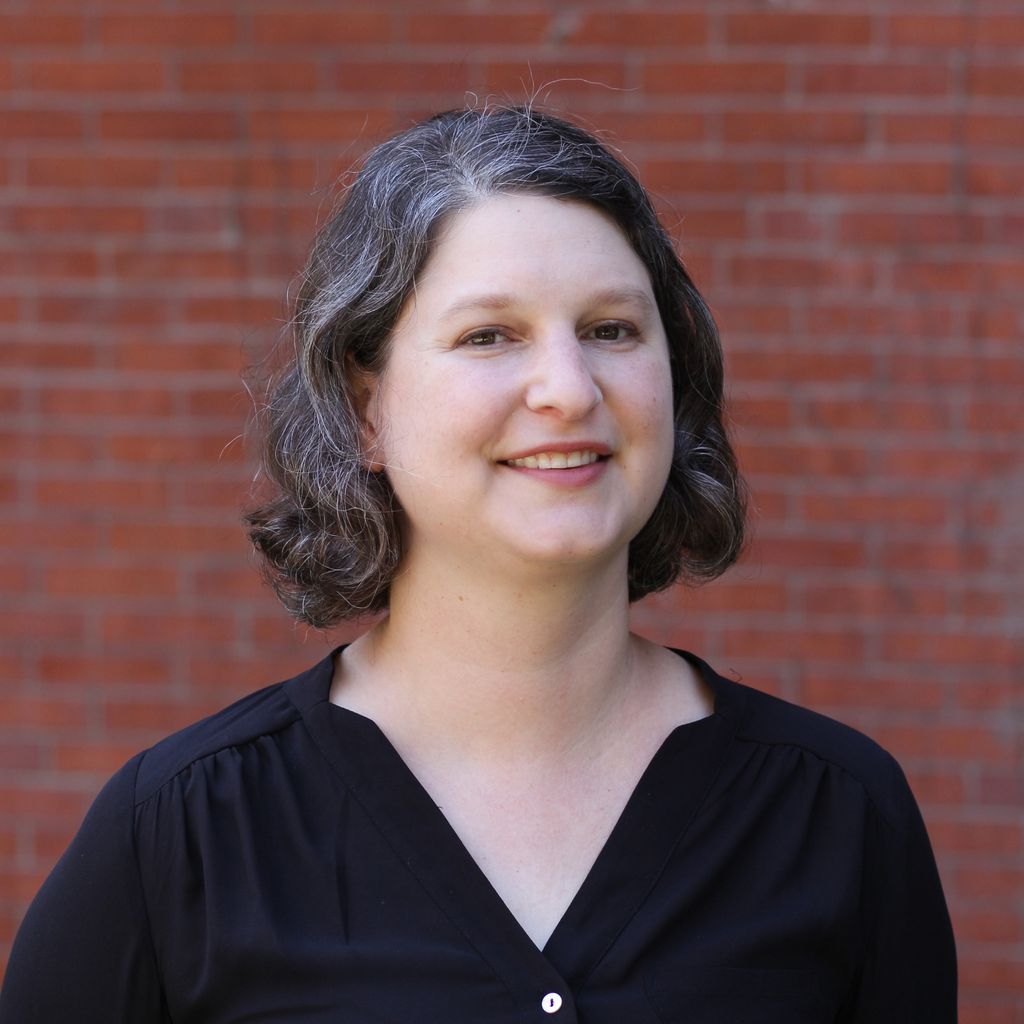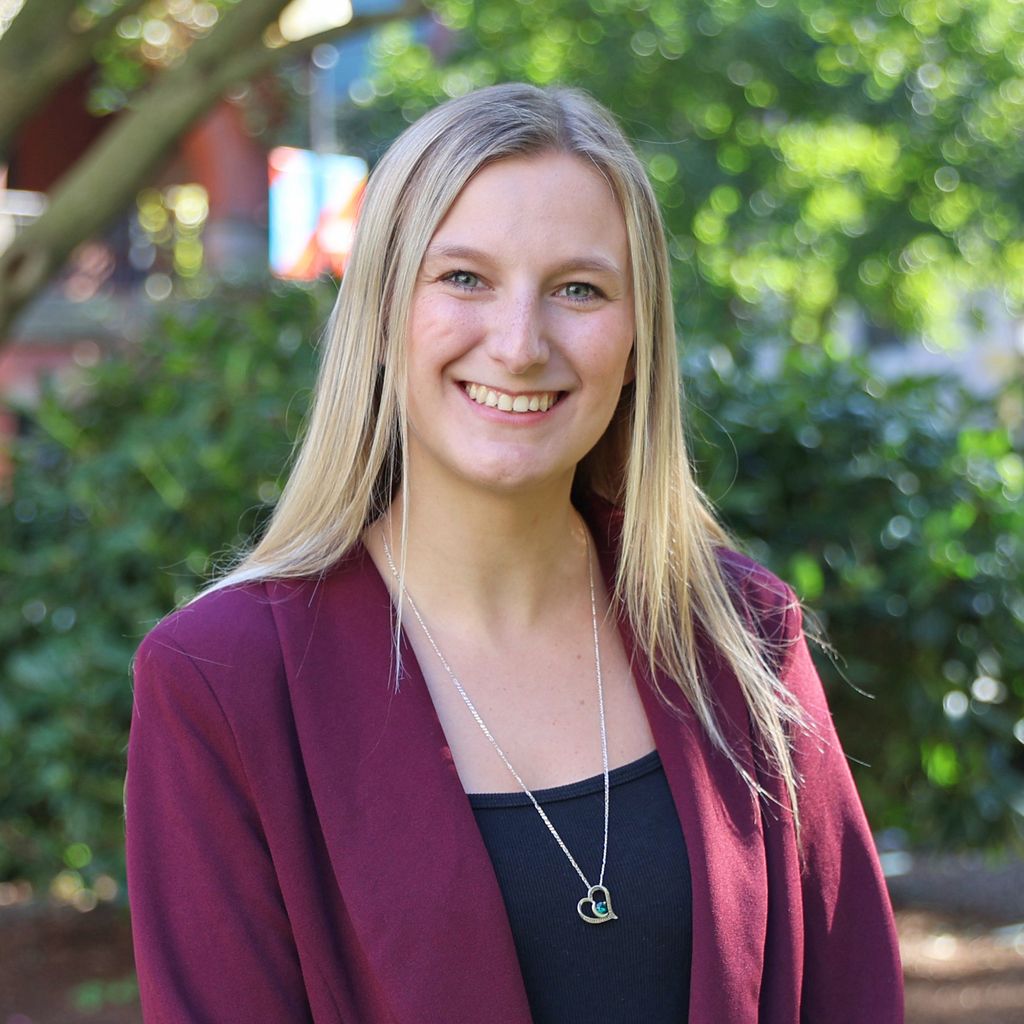Professor and Student Receive Data-Science Fellowships.

Professor and Student Receive Data-Science Fellowships
Allison Portnoy, assistant professor of global health, and Sarah Milligan, a PhD candidate in biostatistics, have been named fellows at BU’s Hariri Institute for Computing.
Allison Portnoy, assistant professor of global health, has been named a 2025 Junior Faculty Fellow and Sarah Milligan, a PhD candidate in biostatistics, has been named a 2025 Graduate Student Fellow at the Boston University Rafik B. Hariri Institute for Computing and Computational Science & Engineering.
The fellowships recognize early-career researchers who are harnessing computational methods and tools to drive innovative scholarship and address complex challenges spanning a range of fields, including public health, neuroscience, physics, engineering, and more. Over the course of the three-year appointment, the Hariri Institute supports the fellows’ work and their continued development by connecting them with one another, as well as other experts in computational and data sciences. The junior faculty fellowship includes a $10,000 award to further the recipient’s research.

Portnoy joined the Department of Global Health in 2023 after completing a Doctor of Science degree in global health and a postdoctoral fellowship in decision science at the Harvard T.H. Chan School of Public Health. She also holds a Master of Science in Public Health from Johns Hopkins Bloomberg School of Public Health and a Bachelor of Arts in international relations from Stanford University. Portnoy’s interests revolve around maximizing the value of vaccination in areas with high burdens of infections such as human papillomavirus, measles, and tuberculosis. Her research spans vaccine decision science, health policy, health equity, economic evaluation, and simulation modeling.
Conducting modeling of health and economic outcomes for large cohorts of individuals in multiple countries over multiple years carries a large computational burden, notes Portnoy. She appreciates that the fellowship will enable her to access dedicated computing cluster resources and help her deliver results to her funders and other stakeholders and contribute to vaccine prioritization and policymaking decisions.
“I am looking forward to leveraging expertise from other fields to inform my simulation modeling methodology, particularly in terms of optimizing efficiency, which will further enable my ability to answer policy-relevant research questions and hopefully obtain additional grant funding,” says Portnoy. “The field of global health is fundamentally interdisciplinary—building relationships within the Boston University community will serve to increase and enhance the dimensions across which we can answer country-level questions to support population health globally.”
Milligan is a PhD candidate in the Department of Biostatistics, where she is advised by Fatema Shafie Khorassani, assistant professor of biostatistics, and Janice Weinberg, professor of biostatistics.

For her dissertation, Milligan is leveraging machine learning methods to enhance surrogate outcome validation by extending synthetic data generation techniques to tabular data. A surrogate is a clinical marker that is generally less expensive, less invasive, or less complex to measure than the true outcome of interest and therefore is commonly used in clinical trials to predict the effect of a treatment. In evaluating a drug intended to treat cancer, for example, a surrogate outcome might be a reduction in tumor size. Outcome validation is the rigorous examination of a surrogate to confirm that it accurately predicts the true endpoint, which in the case of cancer treatment is overall survival and quality of life. In addition to her research, Milligan applies her analytic expertise to the conduct of clinical trials as a biostatistician with the Veterans Affairs Administration.
During her fellowship, Milligan plans to immerse herself in her independent research. She anticipates that the access to funds for conference travel and workshops as well as the opportunities for community and mentorship afforded by the Hariri Institute’s academic, government, and industry partnerships will accelerate her work, advance her communication skills, and help further her career in translational public health research.
“I’m looking forward to leveraging this Fellowship to broaden my network and partner with researchers from diverse disciplines,” says Milligan. “By engaging in open dialogue, in-depth discussions, and cross-disciplinary conversations, I hope to blend our distinct expertise and spark the kind of collaborative innovation that no single field can achieve on its own.”
The Hariri Institute is, in the words of its director Yannis Paschalidis, a “convergence accelerator,” initiating interdisciplinary research to advance social impact initiatives at the intersection of computational and data sciences and collaborating with students, staff, and faculty from across BU, as well as with industrial partners from both the private and public sectors, to transform research into real-world solutions.
Several other SPH faculty members have served as junior faculty fellows, including Huimin Cheng, assistant professor of biostatistics; Jonathan Jay, associate professor of community health sciences; Shariq Mohammed, assistant professor of biostatistics; Elaine Nsoesie, associate professor of global health; and Prasad Patil, assistant professor of biostatistics.
